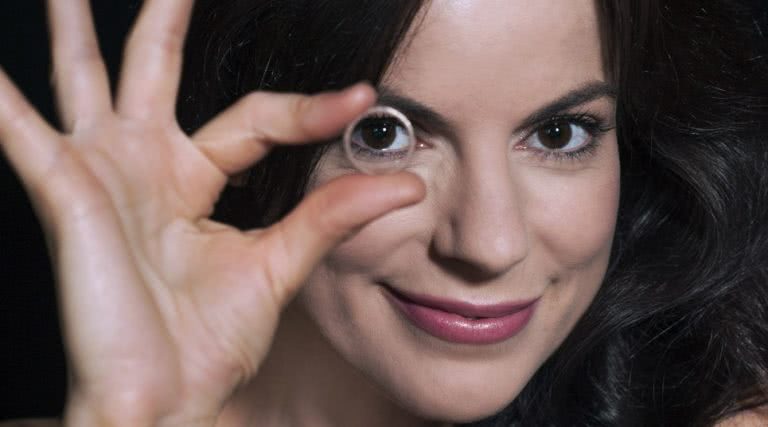This year marks an important anniversary – the birth of William Shakespeare 450 years ago. In the next month, you won’t be able to throw a stick without hitting Shakespeare. John Bell’s The Winter’s Tale is playing at the Opera House, and the Seymour centre will soon host Sport For Jove’s repertory season comprising All’s Well That Ends Well (from March 27) and Twelfth Night (April 1), both directed by Damien Ryan.
Twelfth Night is a crowd-pleaser, still wildly popular, so why the pairing with one of the most irregularly revived of Shakespeare’s plays, All’s Well That Ends Well? For Ryan, the relative obscurity of All’s Well is a nice contrast with the well-worn story of Twelfth Night. “In months of discussions with actors and friends, only one has ever read All’s Well, and only two have ever seen it. To most it is a complete mystery and surprise. An audience will largely not know what happens next, which is a rare treat in Shakespeare.”
As well as being refreshingly contrasting, Twelfth Night and All’s Well share a few traits, not least that they are both plays powered by women. “They both view sexuality and the sexual act from the female perspective, unusual in Shakespeare. He often deals in desperate male desire or obsession with the enigmatic female, famously in plays such as Hamlet or Othello or Measure for Measure, but rarely does he look at it powerfully from the woman’s standpoint … Both plays centre on obsessive unrequited love that pushes people to extreme acts, both explore vanity and its necessary punishments, deception and duplicity, and both are lead by young women with extraordinary eloquence and intelligence who stop at nothing to achieve their goals.”
Ryan and leading lady Francesca Savige have their work cut out with All’s Well though. After all, its central character, Helena, is pretty unlikeable. Ryan rejects the idea that likeability is key, and detects in our insistence on it a whiff of double standard. “Helena is manipulative indeed, but we so revere the male manipulators in Shakespeare … This play places the shoe on the other foot. It has a cattle call of men forced into an arranged marriage! This is traditionally the fate of young women in Shakespeare and we accept it without blinking – it is all very typical that Hermia or Ophelia will be told what to do – but it shocks us when a women lines up a group of men and chooses the one she wants.”
On top of that, it’s wildly implausible, even for Shakespeare. “It is a far-fetched plot in a couple of moments, but so are Midsummer Night’s Dream and Macbeth – it’s been a while since I saw bearded witches on the way home. Shakespeare took myths and humanised them, without losing their cosmic dimension. All’s Well is exploring choices and frailties that are very human and universal,” says Ryan.
Another trait the plays share is that both are comedies flecked with tragedy. Ryan plans to juggle the gags and pathos by playing it straight. “It’s a tricky process of recognising where the comedy can be most effective to solve a moment or where that comedy can cheapen or sell short the moment. Generally you realise, especially with comedy, that the truth is always the best answer. Not to play them as caricatures or clowns and cartoon characters, but as real fully dimensional people – when the actors really achieve that the tone tends to take care of itself.” If so, there’s little cause for concern. There’s rarely a duff performance in Sport for Jove’s shows. If anybody can pull off the balancing act of this repertory season, this bunch can.
All’s Well That Ends Well will play from March 27 and Twelfth Night is on from April 1 at the Seymour Centre


































